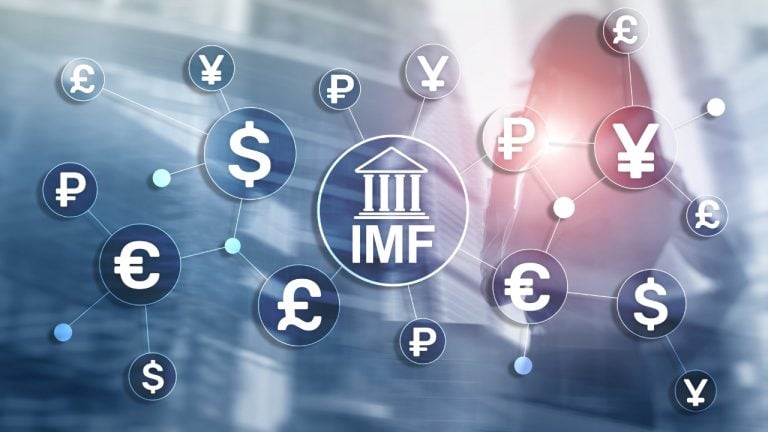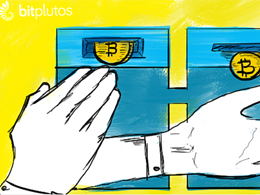
IMF Says Only 23% of Central Banks Can Legally Issue Digital Currencies
Researchers at the International Monetary Fund (IMF) have examined the central bank laws of 174 IMF members to answer the question of whether a digital currency is really money. They found that of all the central banks studied, only about 23%, or 40 central banks, “are legally allowed to issue digital currencies.” IMF Explores if Digital Currency Is Money The IMF published a blog post on Thursday exploring whether digital money is really money in the legal sense. The post is authored by Catalina Margulis, a consulting counsel in the IMF Legal Department’s Financial and....
Related News
The Managing Director of the Monetary Authority of Singapore (MAS), Ravi Menon, has commented on bitcoin and digital currencies in an interview, saying they "have a role to play" in the future. Speaking to industry publication CentralBanking.com, Menon answered questions about whether money should remain under the control of central banks, and why the MAS had decided to regulate "virtual currency intermediaries". He said: "It is hard to divine how technology and practices will evolve, 20 or 30 years from now. I would say virtual currencies have a role to play, but I doubt they will replace....
Digital currencies could disrupt the ability of central banks to exercise control over the economy or issue money should the technology scale, the Bank for International Settlements (BIS) said in a new report released today. The BIS, a financial entity cooperatively owned by the world's central banks, said that it has been looking at the technology as early as November 2013, and in February of this year the Committee on Payments and Market Infrastructures (CPMI) asked a working group to draft the report it published today. The report outlines how digital currencies like bitcoin as well as....
In a legal opinion recently published by the European Central Bank (ECB), the Union’s apex bank has outlined some of the reasons it thinks the European Union members should not promote the use of digital currencies. Though the ECB recognises that the technological advances relating to the distributed ledger technology underlying alternative means of payment, such as virtual currencies, may have the potential to increase the efficiency, reach and choice of payment and transfer methods, it warned: “...the Union legislative bodies should take care not to appear to promote the use of privately....
According to a recent press release, central banks are working on issuing digital cash to counter the rising Bitcoin. A philanthropic investment firm-Omidyar Network-today announced its investment in eCurrency Mint, a relatively unknown start-up developing a technology that enables central banks to issue their digital fiat currency called eCurrency. According to a WSJ report, founder and chief executive of eCM, Jonathan Dharmapalan, said that the start-up has held meeting with over 30 central banks, of which two have agreed to issue the digital currency. eCurrency will have the same legal....
Central banks are rushing into digital currencies without considering how the risks might outweigh any benefits, the column argues.





